Grade 7
Seventh-grade history covers the late Middle Ages through the Renaissance and up to the Age of Exploration. One main lesson begins with an examination of the changes in human consciousness that were taking place near the end of the Middle Ages, including feudalism and chivalry, the rise of powerful monarchs, intense religious fervor, the development of cities, and the increasing importance of arts, crafts, and trade. A second main lesson covers the Reformation in northern Europe and the influence of Martin Luther and progresses to Elizabethan England, including the conflict between church and state. A study of the beginnings of natural science and Renaissance astronomy includes a look at the major astronomers and the conflict between religion and science. A final history main lesson covers Lorenzo de Medici and the flowering of Florence, the lives of the great artists, and the transformation of Rome into a city of culture. A study of Spain, the Inquisition, and the journeys of the European explorers ends this lesson.
Grade 8
The study of history continues in the eighth grade with the colonial period in America and covers the American Revolution, the founding of the United States, the writing of the Constitution, the western expansion, the conflict with Native Americans, and the Civil War. Students study the economic and social forces that shaped the emerging nation and later led to the War Between the States. The great waves of immigration in the early nineteenth century are also covered, as are the biographies of leading figures in United States history. Students read the Declaration of Independence, the Constitution, the Bill of Rights, and excerpts from Thomas Paine’s Common Sense. Each student writes a paper about his or her family’s immigration experience.
A final main lesson block is devoted to the study of revolutions, including the French, the Russian, the Industrial, and the contemporary Electronic revolution. The course ends with a survey of the major political events of the Twentieth Century. Biographies and narrative accounts enliven these studies. In addition to creating main lesson books, students complete individual projects or research papers.
Geography in Grades 7 & 8
Seventh and eighth grade geography focuses on Europe, China, Africa, and Asia, including the history of these regions. Map-making skills become more sophisticated, with emphasis on political and topographical maps. Students also undertake the study of global atmosphere and the effects of wind, ocean currents, geological features, climate, and weather systems on our planet, with an emphasis on ecological concerns.


